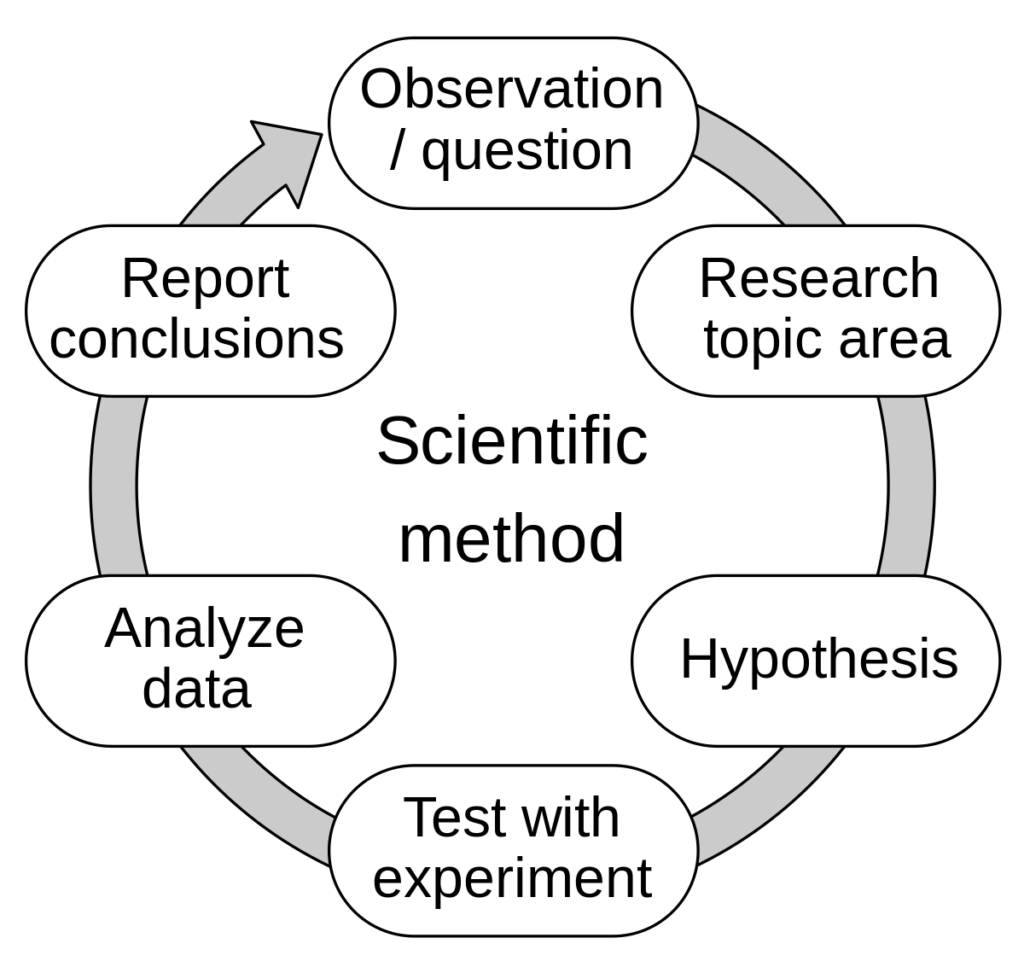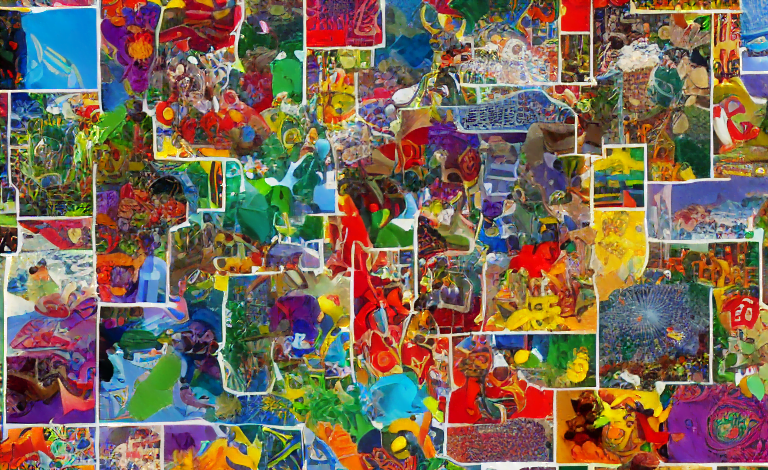The world we live in is a complex and diverse place, filled with an astonishing variety of categories that help us understand and organize its many facets. From the animal kingdom to scientific disciplines, from cultural practices to global economies, categories permeate every aspect of our lives, providing structure, clarity, and a deeper understanding of the world around us. In this article, we embark on a journey to explore the fascinating world of categories, delving into their significance and impact on our daily lives.
The Importance of Categories
Categories serve as cognitive tools that enable us to make sense of the vast amounts of information we encounter every day. They allow us to group similar entities together based on shared characteristics, facilitating comprehension and simplifying our mental processes.
For instance, the animal kingdom is categorized into different taxonomic groups such as mammals, reptiles, and birds, aiding in the study of biodiversity and evolutionary relationships.
In addition to organizing knowledge, categories also play a crucial role in communication. They provide a common language and framework for understanding and discussing various subjects.
When we refer to art, for example, we recognize various categories within it, such as painting, sculpture, music, and dance. These categories enable us to convey specific meanings and evoke shared understandings, enhancing effective communication and fostering cultural cohesion.
Exploring Diverse Categories

Scientific Categories
The scientific realm encompasses an extensive range of categories, each representing a distinct field of study. From physics and chemistry to biology and astronomy, science employs categories to compartmentalize knowledge and promote specialized research.
Categories like genetics, ecology, and quantum mechanics offer valuable insights into the fundamental workings of our universe.
Cultural Categories

Culture is a vast domain that encompasses numerous categories, including language, cuisine, music, literature, and religion.
These categories represent the rich tapestry of human experiences, providing a framework to understand and appreciate diverse cultural traditions around the globe. Exploring cultural categories fosters intercultural understanding and promotes tolerance and appreciation for our differences.
Economic Categories

In the realm of economics, categories serve as essential tools for analyzing markets, trade, and financial systems. Categories like supply and demand, inflation, and GDP enable economists to assess and predict economic trends, helping shape policies and strategies that drive growth and development.
Understanding economic categories empowers individuals and societies to make informed decisions regarding their financial well-being.
Environmental Categories

Environmental categories are vital for comprehending the complex interactions between humans and the natural world. Concepts such as biodiversity, ecosystems, and climate change allow us to assess the state of our planet and develop sustainable practices.
By understanding these categories, we can take proactive measures to protect our environment and preserve it for future generations.
Conclusion
Categories form the backbone of our understanding of the world. They provide structure, facilitate communication, and enable us to navigate the vastness of knowledge and experiences. From scientific and cultural categories to economic and environmental ones, each domain offers unique insights into different aspects of our existence.
By embracing and exploring these categories, we expand our horizons, broaden our perspectives, and deepen our appreciation for the complexity and diversity of our world. Let us continue to delve into the fascinating realm of categories, where endless discoveries await.
Also read: Government and People: Working Together for a Stronger Society





